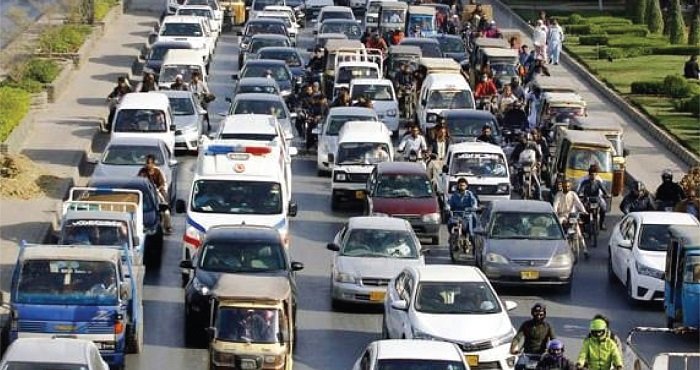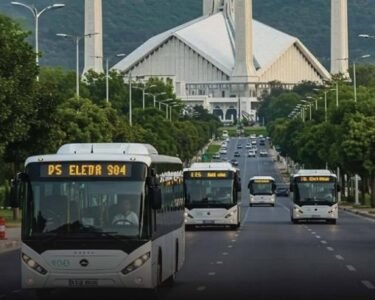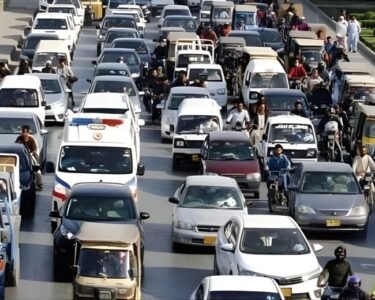In a major step toward digital governance, the Karachi Traffic Police is preparing to roll out the Faceless Traffic Regulation and Citation System (TRACS)—a camera-based e-ticketing initiative designed to automate traffic enforcement, reduce corruption, and improve road discipline in Pakistan’s largest city.
The move comes amid growing concerns over traffic violations, congestion, and enforcement inefficiencies. TRACS is expected to revolutionize how traffic laws are monitored and enforced, relying entirely on AI-powered surveillance cameras installed at major intersections and roadways.
How TRACS Will Work?
Instead of relying on on-ground traffic wardens, high-definition cameras will automatically detect and record violations such as:
- Signal violations
- Overspeeding
- Wrong-way driving
- Lane violations
- Illegal parking
Once a violation is captured, the system will:
- Generate an electronic challan (e-ticket)
- Attach photo and video evidence
- Deliver the challan to the violator’s registered home address
The system’s campaign slogan, “No more arguments—every challan will come with proof,” underlines the government’s goal to ensure transparency and accountability.
Incentives and Penalties
To encourage timely compliance, the TRACS system will offer a 50% discount if fines are paid within 14 days of issuance. However, stricter penalties await defaulters:
- Double fines after 21 days
- Driver’s license suspension after 3 months of non-payment
- CNIC blocking after 6 months of continued default
These measures are aimed at targeting repeat offenders while promoting responsible driving.
Karachi’s traffic chaos is often attributed to inconsistent enforcement and lack of accountability. By eliminating human discretion, TRACS aims to:
- Enhance fairness in challan issuance
- Reduce roadside conflicts between drivers and officers
- Enable real-time monitoring of high-risk areas
- Lay the groundwork for future smart city integrations
Officials believe the system will streamline traffic management, deter habitual violators, and boost public trust in traffic authorities.
A Model for Other Cities
If successful, Karachi’s TRACS system could become a template for cities across Pakistan, encouraging broader adoption of technology-driven law enforcement. It also aligns with the country’s digital transformation goals under initiatives like Digital Pakistan and Safe City programs.






